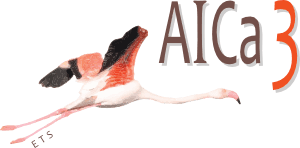The limb girdle muscular dystrophies (LGMD) are termed as such as they share the diagnosis, limb girdle characteristic feature of muscle weakness predominantly affecting the shoulder and muscular dystrophies, pelvic girdles; their classification has been completely revised in recent years because of management elucidation of many of the underlying genetic and protein alterations in the various subtypes. An array of diagnostic measures is possible but with varying ease of use and availability. Several aspects of muscle cell function appear to be involved in the causation of muscle pathology. These cellular variations may confer some specific clinical features thus permitting recognition of the LGMD subtype and hence directing appropriate levels of monitoring and intervention. Despite an extensive lit- erature on the individual limb girdle dystrophies, these publications may be impene- trable for the general neurologist in this increasingly complex field. The proposed guidelines suggest an approach to the diagnosis and monitoring of the limb girdle dystrophies in a manner accessible to general neurologists.
EFNS guideline on diagnosis and management of limb girdle muscular dystrophies
